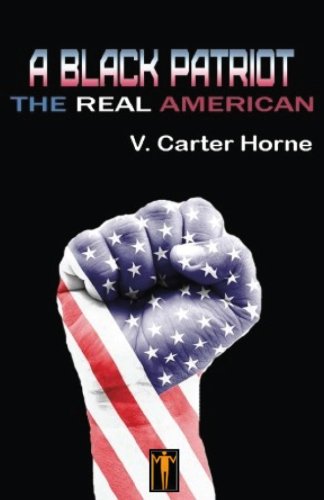Little Turtle's War: The History and Legacy of the 18th Century Conflict Between the United States and Native Americans in the Northwest Te
ISBN: 9798619140576When the American Revolution ended, the United States and Britain reached an impressively comprehensive peace in the Treaty of Paris. Among the important terms of the treaty, Britain recognized the colonies as free and relinquished territorial claims to them.
The two sides then negotiated the boundaries that separated the United States from the British colonies in present-day Canada. Additionally, the British and Americans strove to share certain waters, including the Mississippi River and the fishing waters off Newfoundland. Finally, the two sides made mutual promises regarding paying debts and returning property that had been confiscated during the war, including slaves.
Still, the Treaty of Paris was not without its problems. Almost immediately, individual states in America rejected certain provisions and ignored them outright - a hallmark characteristic of American federalism that would lead to the Civil War 80 years later. Other problems included disputes along the boundary with Canada, and the fact that American access to the Mississippi River was blocked after the British and Spanish signed a separate treaty that left Spain in control of Florida. Some of these problems would fester heading into the 19th century, and eventually, the British and Americans would go to war again in 1812.
The new United States was faced with a fundamental problem: to expand, it had to settle lands to the west of the Appalachian Mountains, ceded to it by the British. However, the mountains were occupied by Native American groups who had no desire to make way for white settlers. The treaty had created a vast frontier for the fledgling nation, and any American settlers pushing west along it, were bound to encounter hostile natives.
For the most part, the conflicts that followed consisted mostly of the Native Americans suffering defeat in the face of a better-equipped adversary, interspersed with binding treaties, which, on the side of the federal government, proved not very binding at all. Occasionally, however, there arose a Native American leader of such ability that such defeats were temporarily reversed, and Little Turtle, the war chief of the Miami tribe, was one such man. Under his leadership, a confederation of Miami and other tribes inflicted the worst defeat ever suffered by an American army in the newly independent nation.













